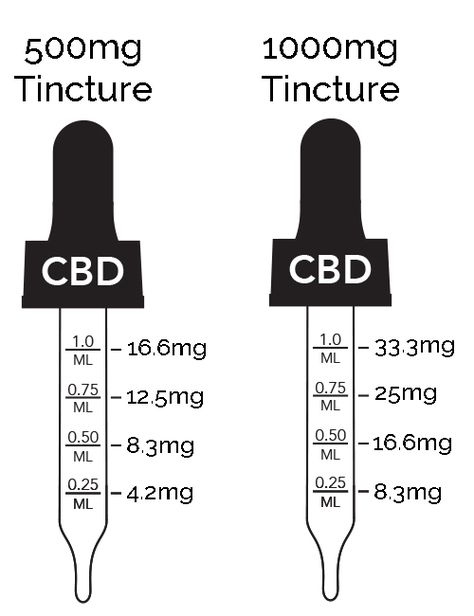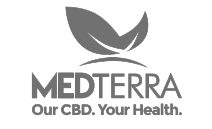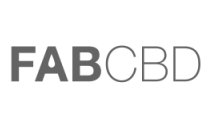CBD 101 - what is CBD?
CBD, officially known as cannabidiol, is one of the most prominent cannabinoids present in the Cannabis genus of plants. Cannabis plants have three strains — Sativa, Indica, and Ruderalis — some of which are further differentiated as marijuana or hemp. The main difference between the two is that hemp only stems from the Sativa species, while marijuana can come from either Sativa or Indica strains. Marijuana plants contain higher concentrations of tetrahydrocannabinol (THC) — the cannabinoid that produces the “stoner’s high.”
CBD is classified as hemp, meaning there’s 0.3% THC or less present in the compound. Marijuana, in contrast, can best be described as any cannabis derivative containing 0.3% THC or greater. CBD is legal as long as it is hemp-derived and falls within the limits on THC. CBD has powerful non-psychoactive properties (meaning it doesn’t get you high) that make it ideal for medical use. However, uses range along a spectrum from health to wellness to recreation.
Cannabinoid therapy requirements are different for every individual, making the self-experimentation process essential.
How and When to Take CBD
Everyone has different body chemistry, endocannabinoid deficiencies and sensitivities. In order to find the right regimen for you, it will take patience and experimentation to discover the proper products. Some may find therapeutic value from certain cannabinoids more than others. That’s why we’ve created a comprehensive cannabinoid chart that can help determine the right product for you. Taking the time to consider what ailments and conditions you want to work on is the best way to get started. This can help you better determine what cannabinoids you’d like to focus on.
Individuals who are prone to plant allergies may react to full-spectrum products. Individuals with certain digestive issues may also react to products formulated with carrier oils. Certain conditions may be better suited with topical CBD products while others may require oral or intranasal administration. Again, self-experimentation is essential in finding what product works best for you.
CBD can be ingested via capsules or tinctures, vaporized, or used topically. The most potent way to take CBD is to ingest it.
What is the Endocannabinoid System?
CBD is a phytocannabinoid that’s naturally-occurring in both hemp and marijuana plants. CBD has the same chemical makeup as our endocannabinoids and successfully activate our cannabinoid receptors. When CBD is introduced to our bodies, our cannabinoid receptors are activated which in turn triggers a multitude of biochemical changes regulated by the endocannabinoid system. This causes the same harmonic response our bodies produce naturally with endocannabinoids. By sparking our inhibitory feedback system, excessive physiological activity and the body’s inflammatory response are both cooled off.
The individual components of the cannabis plant, including THC and CBD, were discovered and studied over the early to mid-1900s, but it wasn’t until the 1990s that scientists truly connected the dots on how cannabinoids interact with the body.The endocannabinoid system is a biochemical communicative network that plays a crucial role in regulating our major physiological functions. This complex, lipid-based system is an important part of human biology and is also found in any organism with a vertebra.
Scientists have concluded that CB-receptor signaling regulates pain, inflammation, analgesia, appetite, gastrointestinal mobility, sleep cycles, immune cells, hormones, mood-altering neurotransmitters, and fertility. The endocannabinoid system plays an important role in regulating both our cognitive process as well as our everyday experiences.
The significant lock and key mechanism of the endocannabinoid system has completely changed our understanding of human anatomy and how the body heals.
How to make Cannabinoids Part of Your Daily Routine
Some individuals find comprehensive therapeutic value from only taking CBD when needed while others experience subtle overall differences when taking CBD daily. Dosage and frequency always vary from person to person. Be aware that CBD is safe in large doses and doesn’t pose the risk of overdose or dependency, so it is completely safe to experiment with.
CBD does pose potential drug interactions making it crucial to speak to your healthcare professional before trying it. It is always best to work under the guidance of your healthcare professional when trying any cannabinoid therapy. Some individuals find ways to incorporate cannabinoid treatment into their existing routines while others find ways to transition from their pharmaceuticals to only cannabinoid therapy. Whatever route you decide, please always speak to your medical professional first.
Whether CBD is addictive or not is one of the most frequently asked questions by beginner CBD users. It is true that there is marijuana (THC) addiction. So what about CBD? As it turns out, CBD is not an addictive substance, so you can safely take it every day. The use of CBD products is considered to be completely safe, even in large quantities. Side-effects that can occur with a high dose of CBD are minimal and often do not last too long. To date, no cases of CBD overdose have been reported that could have serious health consequences. Although no serious side-effects are known when taking large amounts of CBD, it is recommended that you start with low doses and gradually increase your CBD intake, thus observing your body’s response to increased amounts of cannabidiol.
CBD can be ingested via capsules or tinctures, vaporized, or used topically. The most potent way to take CBD is to ingest it.
How to Dose
Proper CBD dosage is the key to solving many health problems. That is why it is worth getting acquainted with the topic of cannabidiol dosage at the very beginning of your journey with CBD. Dosage and frequency always vary from person to person. Factors influencing it are very important in determining the right dose of CBD. When looking for the perfect amount of CBD, it’s worth considering age, weight, metabolism, diet and level of physical activity. Some individuals find comprehensive therapeutic value from only taking CBD when needed while others experience subtle overall differences when taking CBD daily. However, the main principle is the selection of substances in milligrams, which greatly facilitates the precise intake of cannabidiol in the form of CBD oil.
Be aware that CBD is safe in large doses and doesn’t pose the risk of overdose or dependency, so it is completely safe to experiment with. CBD is not an addictive substance, so you can safely take it every day. Also, to date, no cases of CBD overdose have been reported that could have serious health consequences.
If you are brand new to taking CBD, you can start with a little help from our DOSAGE CALCULATOR.

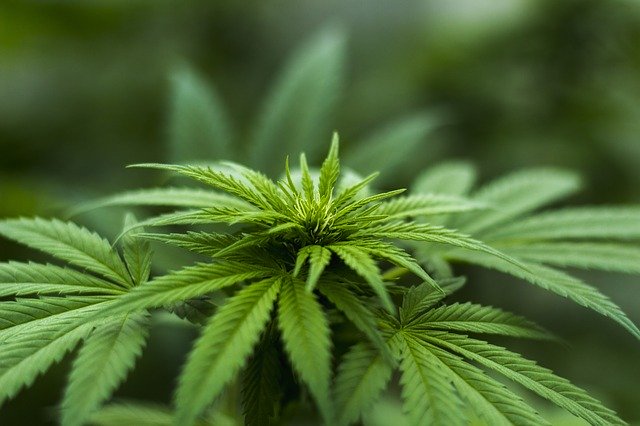
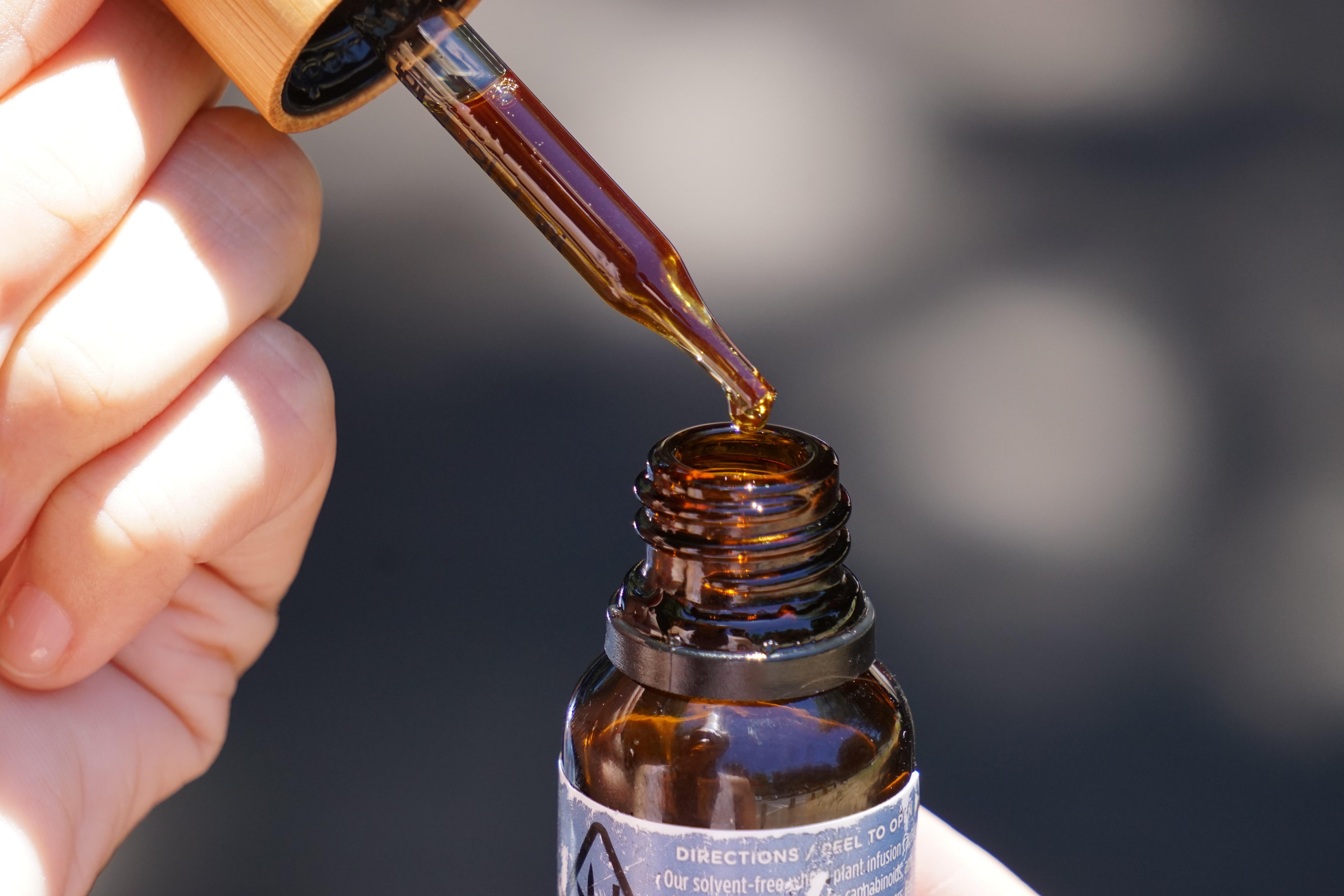
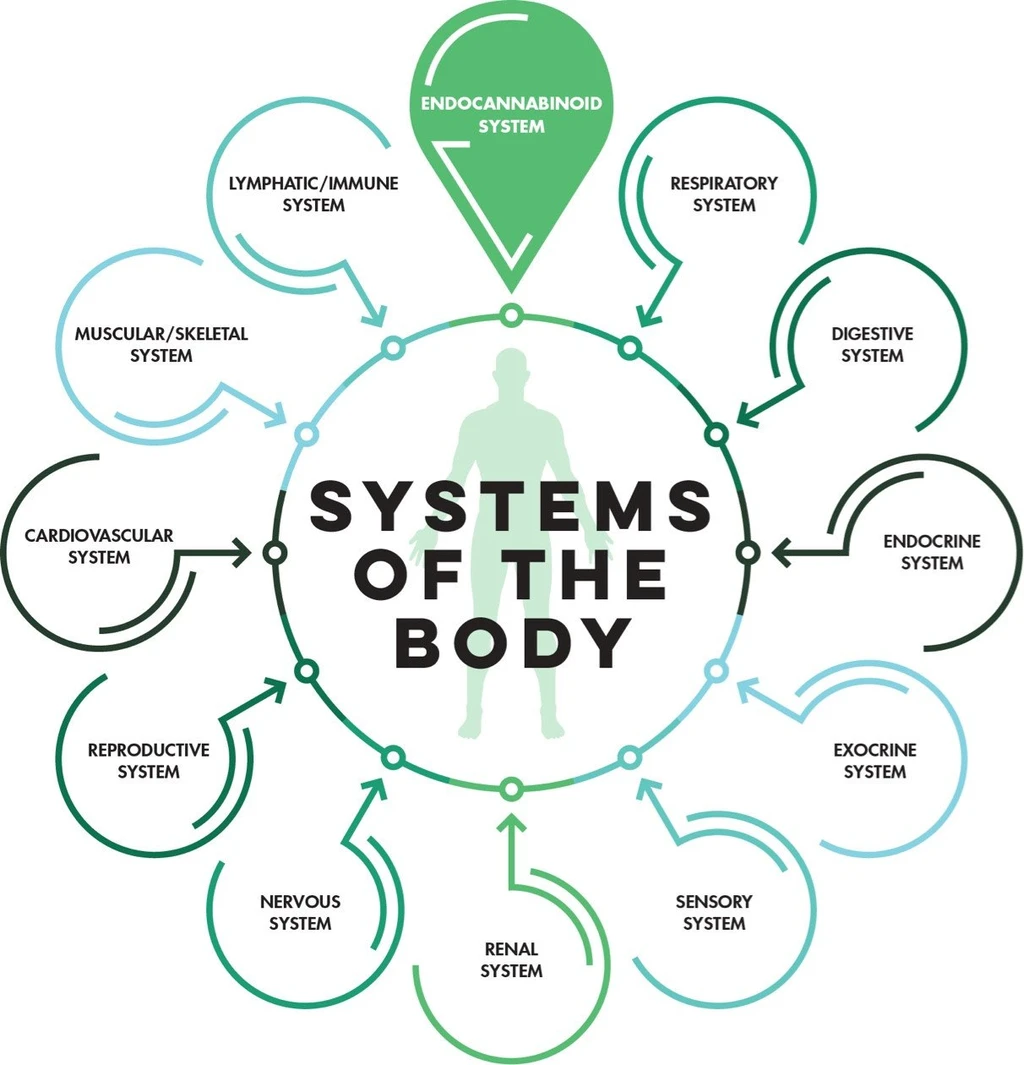
.jpeg)
